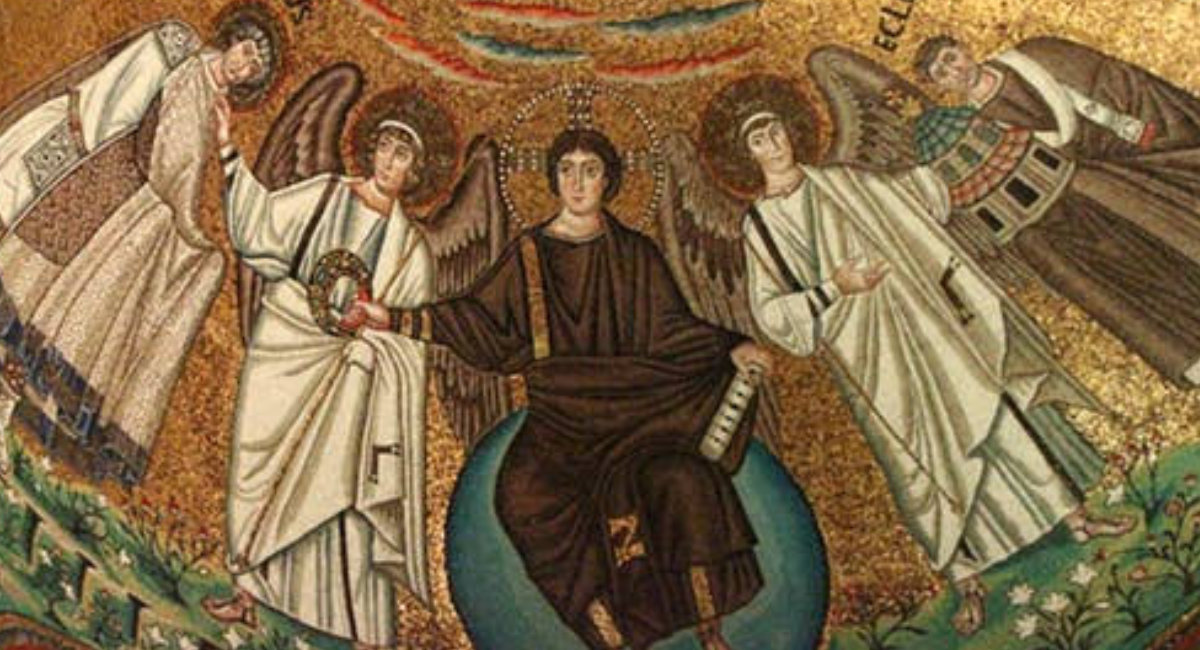I have often wondered why the Christian Church in general has not taken a more realistic stance to the life and teachings of Jesus. Everywhere in the practices, beliefs and teachings of the church are the references to mystical events which defy explanation in scientific and rational terms.
This play I think only scratches the surface of these matters. The play depicts Jesus as a person, not a God, and provides a rational and I think really believable explanation for his “rising from the dead.” When Pilat realises that Jesus’ survival of his crucifixion will be regarded by his followers as a miracle, he comments, “The sweeter the meat of the lie, the more they will savour it!” – In other words the greater the lie, the more believable it is. Didn’t Hitler say the same about his treatment of Jews and about the Holocaust?
But why stop there? Jesus was conceived with Immaculate Conception by the Virgin Mary. Hey, why a virgin? The church has always had a stranglehold over women generally, including an insistence that women must maintain their virginity until they marry. Can you now make out the real reason the Church insists on this principle of Christian belief? It has nothing to do with the teachings of Jesus, and everything to do with male dominance of women and their freedom.
The examples are plentiful – water is turned to wine, trees are cursed and die because they fail to fruit, loaves and fishes are multiplied exponentially, dead people raised to life, the paralysed begin to walk again, and on and on the teachings of the church and the biblical record insist on these “miracles” which defy rational explanation – or do they? How many drunk guests at a wedding could tell the difference between water and wine at the end of the reception? A tree failing to fruit was probably a dying tree. And do you really think that a bunch of hardened Galileans would venture out into the wilderness to hear the Sermon on the Mount without taking food with them? How many moribund elderly persons have been mistaken as dead? It is possible that a person immobilised by their own guilt could be helped to overcome their disability by having that guilt acknowledged publicly and formally dismissed, which is probably what Jesus did. Plentiful other examples exist.
This play deserves a wider readership, including by the Church and its leaders. Depicting the man Jesus as a healer, teacher and mentor for our morality is likely to win far more persons into the Christian fold than insisting on the impossibilities we are currently asked to believe.




Really informative article post. Much thanks again. Want more. Stormi Roland Petromilli
Simply wanna remark on few general things, The website style is perfect, the content material is rattling great : D. Mada Arie Rafat